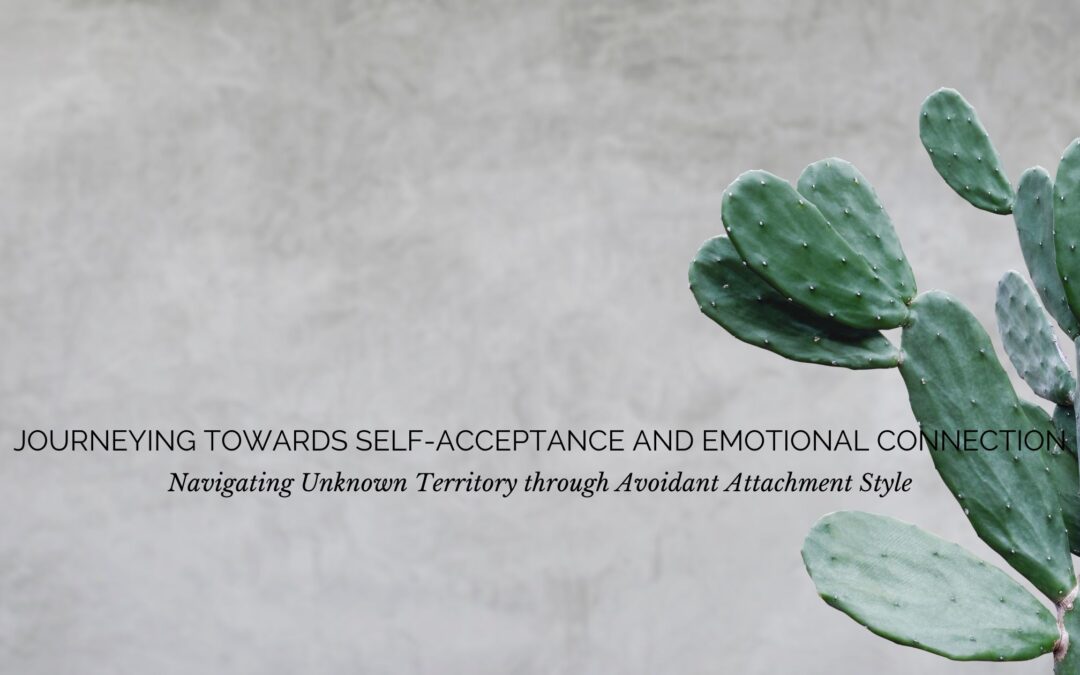Dear potential client/individual with an avoidant attachment style,
I know it wasn’t easy for you to reach out. You have worked hard your whole life to be self-sufficient not to have to rely on others, so this is a big step for you to seek therapy. It’s clear that you are here because you care a lot about your relationships (family, plutonic, romantic). But you’re confused. You thought everything was fine in your relationships until you were told they weren’t. You wonder, what happened? I’m trying so hard here. Why can’t I get it right? How do I fix it?
I see your confusion.

Your struggles are real and valid. I see your good intentions. Turn down the heat to preserve the relationship. Fix the problem, and the bad feelings will go away. And I see your longing to be understood and loved just as you are.
It seems like others are speaking a language you don’t know how to speak, making you feel like a failure. This deep emotional connection language is daunting and overwhelming. You can’t make sense of it, so you move towards what is known and comfortable, your logic and analysis. You think that if you just do more, be perfect, or figure it all out, they’ll love you. Oh, how disappointing and sad it is when you keep on trying yet still do not feel loved. You long to be seen and accepted but are so afraid of making the wrong move. As I meet you here, you feel a sense of reassurance that you are okay, just as you are.
I accept you. I won’t push you to change. I see your pain.
As you take this in, you realize how much you struggle with knowing how you’re feeling. When I ask you how you feel, you give me what you think. It’s hard to come up with words for your experience. You’ve always seen feelings as useless and weak, and vowed you would never lose control, feel vulnerable, or not have all the answers. The thought of feeling your feelings scares you as you fear getting overwhelmed by them or stuck in them, so you turn them down.
I can handle your feelings with care. I’m here with you and will walk beside you as you take a peek into this unknown territory. You don’t need to know it all or have all the answers.

You are good. You are enough. Your feelings and needs matter.
And one day, you’ll learn to speak the new language. Instead of making your feelings go away, you get curious about your inner world and the inner world of those you love. You move closer to them. They want to know all of you. They see you, they are there for you, and there’s a deeper level of connection between you.
You are known. You are accepted. You are connected.
This is how therapy transforms your life, and I’m so honored to be on this journey with you.
With affection,
Your therapist
Meet the author: Dr. Dorothy Moon
Learn More about Dorothy’s approach to therapy
Photo credits:
Photo by Road Trip with Raj on Unsplash
Photo by David Sola on Unsplash





